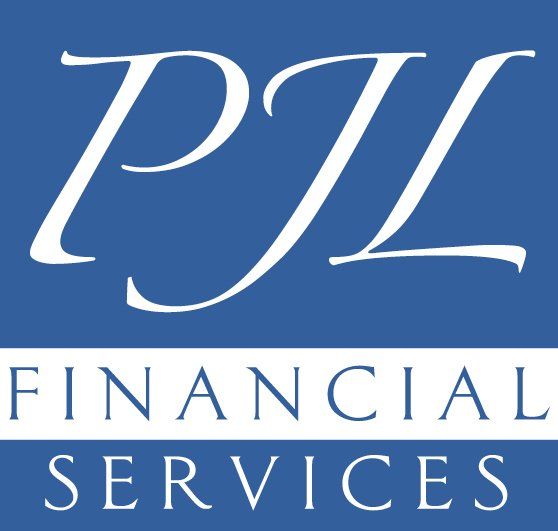The Information Hub
Are you making full use of the Tax-Free Childcare Allowance for children under the age 11

We accept the news headlines currently make for grim reading. Inflation at levels unseen for 40 years, mortgage rates increasing significantly from their historic lows over the last 14 years, meanwhile your pension and investment savings may feel a little worse for wear following recent poor market returns. It is more important than ever to ensure that your personal finances are in good shape.
Those with families may be feeling the pinch even more so and we speak to many clients who were either unaware or unsure how to go about obtaining tax relief on childcare costs. Take a few minutes to read the below to understand if you could be eligible to claim the tax-free childcare allowance.
What you could receive?
- You can get up to £500 every 3 months (up to £2,000 a year) for each of your children to help with the costs of childcare. This goes up to £1,000 every 3 months if a child is disabled (up to £4,000 a year)
- If you get Tax-Free Childcare, you’ll set up an online childcare account for your child. For every £8 you pay into this account, the government will pay in £2 to use to pay your provider.
- You can get Tax-Free Childcare at the same time as 30 hours free childcare if you’re eligible for both which can be used to pay for approved childcare including childminders/nurseries alongside after school clubs and play schemes until your child reaches age 11.
Eligibility
Your eligibility depends on a number of factors such as:
- If you are working (either employed or self-employed), including if you are in work, on sick leave or annual leave or on shared parental, maternity, paternity or adoption leave
- Your income (and your partner’s income, if you have one)
- Your child’s age and circumstances
- Your immigration status
Your income
You’ll need to expect to earn a certain amount over the next 3 months which is typically equivalent to working 16 hours per week on minimum wage. If you have a partner, they’ll need to expect to earn at least this much too.
If you’re self-employed and do not expect to make enough profit in the next 3 months, you can use an average of how much you expect to make over the current tax year. This earnings limit does not apply if you’re self-employed and started your business less than 12 months ago.
If you or your partner have an expected ‘adjusted net income’ over £100,000 in the current tax year you will not be eligible. This includes any bonuses you expect to get. The calculation of your ‘adjusted net income’ can be complicated as it does not include earnings from dividends, income from property or pension payments. Furthermore it can be reduced by making payments into a registered pension scheme or Gift Aid donations. If you near the threshold, it’s worthwhile understanding what does and doesn’t count in more detail.
If you’re not currently working
You may still be eligible if your partner is working, and you get Incapacity Benefit, Severe Disablement Allowance, Carer’s Allowance or contribution-based Employment and Support Allowance. You can apply if you’re starting or re-starting work within the next 31 days.
Your child
- Your child must be 11 or under and usually live with you. They stop being eligible on 1 September after their 11th birthday.
- Adopted children are eligible, but foster children are not.
- If your child is disabled you may get up to £4,000 a year until they’re 17 subject to being in receipt of certain state benefits
If you get tax credits, Universal Credit, a childcare bursary or grant, or childcare vouchers
You cannot get Tax-Free Childcare at the same time as claiming Working Tax Credit, Child Tax Credit, Universal Credit or childcare vouchers. Which scheme you’re better off with depends on your situation.
- Tax Credits, if you successfully apply for Tax-Free Childcare, your Working Tax Credit or Child Tax Credit will stop straight away. You cannot apply for them again.
- Childcare vouchers, you must tell your employer within 90 days of applying for Tax-Free Childcare to stop your childcare vouchers if applicable and they’ll then stop the vouchers or directly contracted childcare
- Universal Credit, wait until you get a decision on your Tax-Free Childcare application before cancelling your Universal Credit claim
How to apply
See the link attached to learn more about how to Apply online for Tax-Free Childcare.
If you apply for Tax-Free Childcare and someone else already gets 30 hours free childcare for that child, their 30 hours will stop at the end of the next term
If you would like to discuss the above, please feel free to get in touch. Our local, friendly team of Independent Financial Advisers will be happy to provide advice and suitable recommendations tailored specifically for you.
Give us a call on 01788 571122 and we will be more than happy to help.
The information provided is based on our current understanding of the relevant legislation and regulations and may be subject to alteration as a result of changes in legislation or practice. It does not constitute advice. All references to taxation are based on our understanding of current taxation law and practice and may be affected by future changes in legislation and the individual circumstances of the investor.
PJL Financial Services Limited are authorised and regulated by the Financial Conduct Authority.












